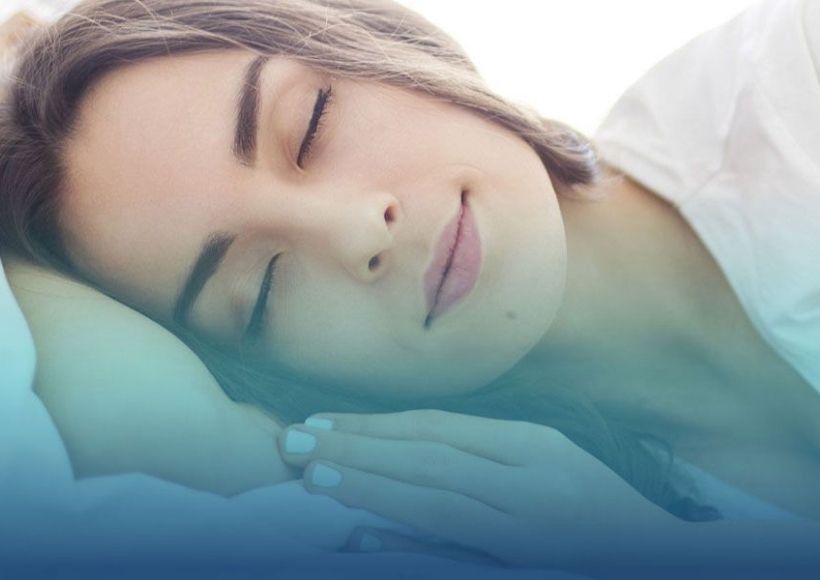Signs Of Sleep : Did you know that sleep apnea has reached prevalences of almost 90% in elderly men and 78% in women? Many people think sleep apnea is just snoring. This is a misconception.
It’s actually a condition where the individual stops breathing at night. If left untreated, sleep apnea can actually have serious consequences like high blood pressure, stroke, falling asleep at the wheel, and various heart conditions. In some cases, sleep apnea can be fatal.
It’s important to understand the signs of sleep apnea, so it can be treated as soon as possible. With quick sleep apnea treatment, you can experience better sleep and greater wellbeing! Read on to learn how to detect this condition!
Table of Contents
1. Strange Sleeping Sounds
The most obvious sign of sleep apnea is loud snoring. This is due to obstructed breathing. What separates sleep apnea sounds from normal snoring is a choking sound and frequent pauses in breathing.
Most often, this sign will have to be reported by a partner. You can also set up a voice recorder while you sleep to listen for your sleep sounds. If there are any choking or gasping sounds or pauses in breathing, it’s best to see an ear nose and throat doctor.
2. Headaches
One of the more subtle signs of sleep apnea is a headache in the morning. This headache can be compounded by difficulty focusing and memory loss. You might also experience irritability.
If you find yourself reaching for your painkillers in the morning, it’s worth checking in with a sleep apnea specialist to make sure it’s not a sign of something serious.
3. Risk Factors
If you snore, but you’re not sure if it qualifies as sleep apnea, you can keep an eye out for a few of the causes of sleep apnea.
If you have a BMI of more than 30, you are at a greater risk of developing sleep apnea. In addition, if your neck is larger than 16 inches or you experience an enlarged tongue, you might have trouble breathing while you sleep.
If you have other underlying conditions like high blood pressure or a heart condition, you might also be at risk. If any of the above is true, take any signs of sleep apnea seriously and see an expert.
4. Irregular Fatigue
If you have sleep apnea, your sleep won’t be as refreshing. This will leave you sleepless at night and tired during the day.
Insomnia, unrestful sleep, and fatigue are all common with sleep apnea. It’s best to catch them early, so you don’t risk falling asleep at the wheel!
5. Dry Mouth
Another common sign of sleep apnea is a dry mouth when you wake up. This is caused by difficulties swallowing and breathing at night, so your airway is not kept moist.
If you regularly have a dry mouth in the morning but are well hydrated, this could be a symptom of sleep apnea.
Keep An Eye On The Signs Of Sleep Apnea
Sleep apnea is very common but easily treated. As long as you’re proactive when you notice any signs of sleep apnea, you can quickly seek professional help and address it. With prompt treatment, you can improve your sleep and have a more restful night every night.
If you enjoyed learning what sleep apnea is, you’ll love our other content! Check out our blog for more!
Also Read : A Unicorn Pyjamas Outfits To Sleep In Style

